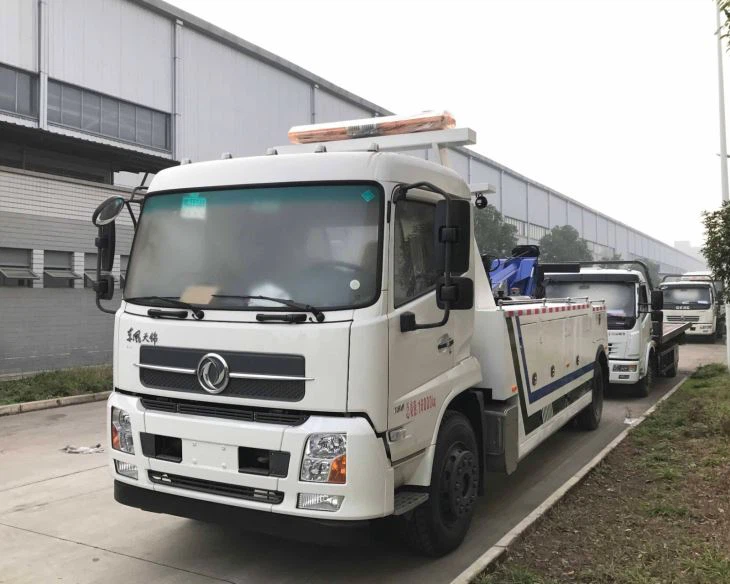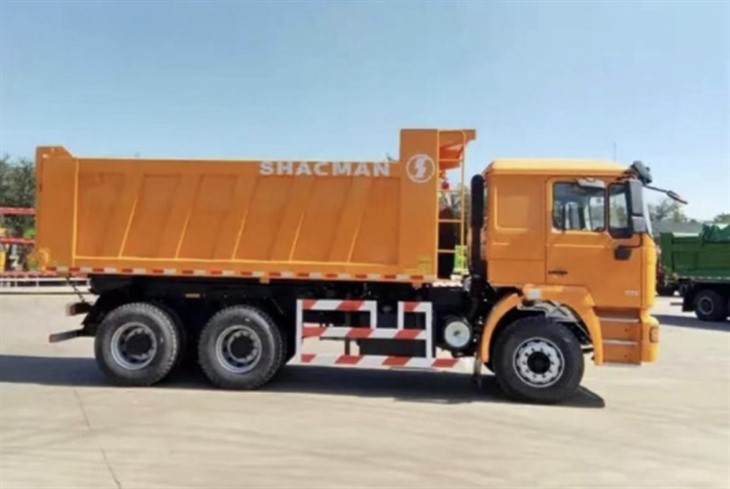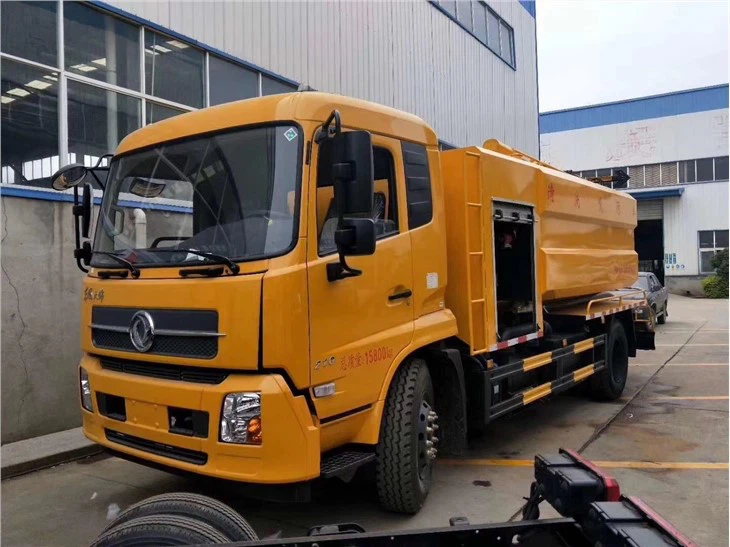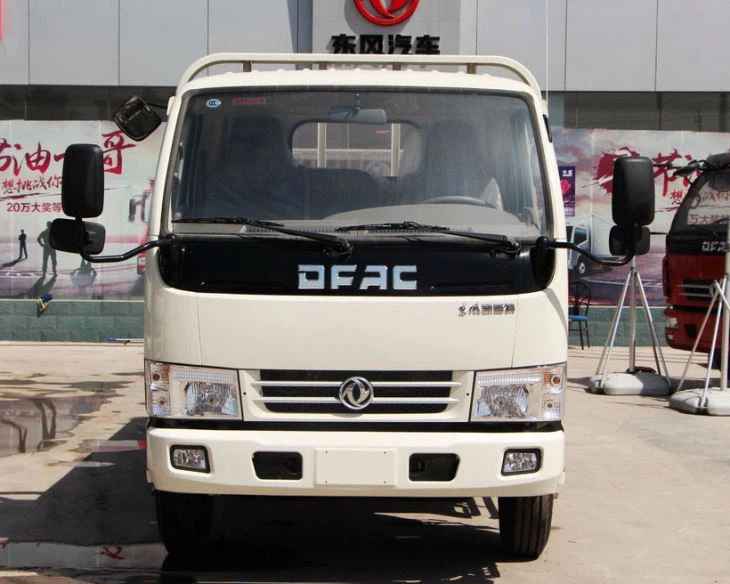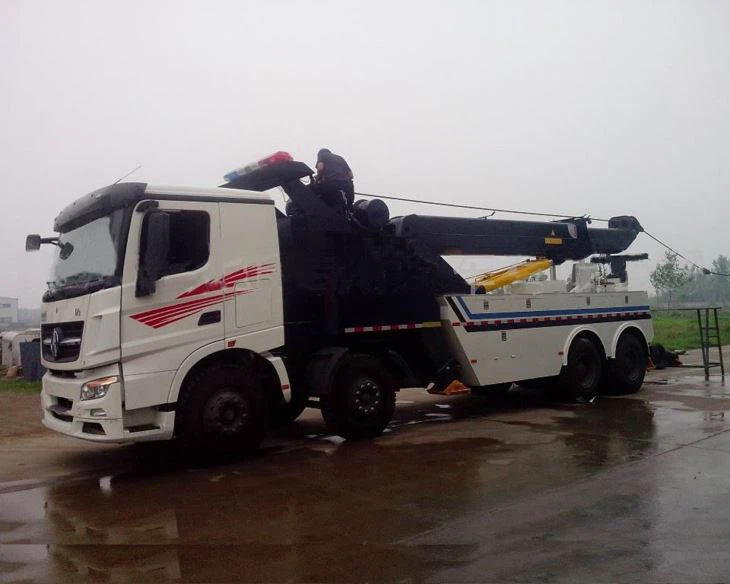As cities grow and waste management becomes increasingly challenging, the demand for innovative and efficient waste collection solutions rises. Enter the new trash trucks—built with cutting-edge technology, enhanced capacity, and eco-friendly features. This article will explore the latest developments in trash trucks, their benefits, and how they contribute to smarter waste management strategies.
The Evolution of Trash Trucks
A Brief History
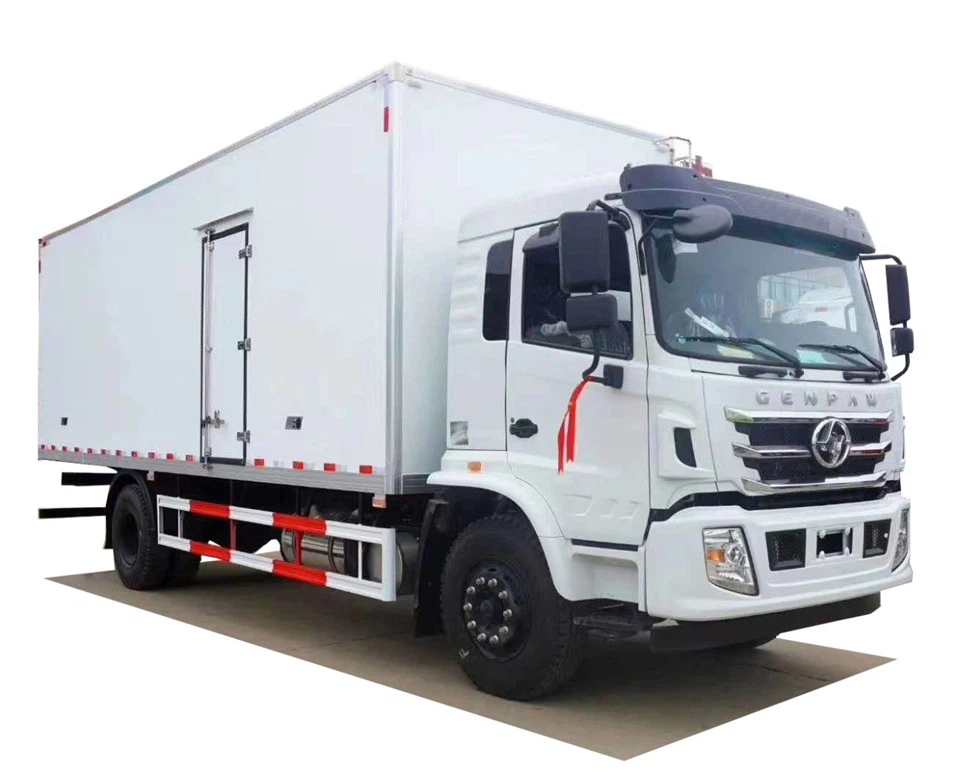
Trash trucks have come a long way since their inception. Originally, waste was collected by hand or with horse-drawn carts. The introduction of motorized vehicles changed the landscape of waste collection, leading to improved efficiency and speed. Over the years, advancements in technology have continued to enhance the functionality of trash trucks.
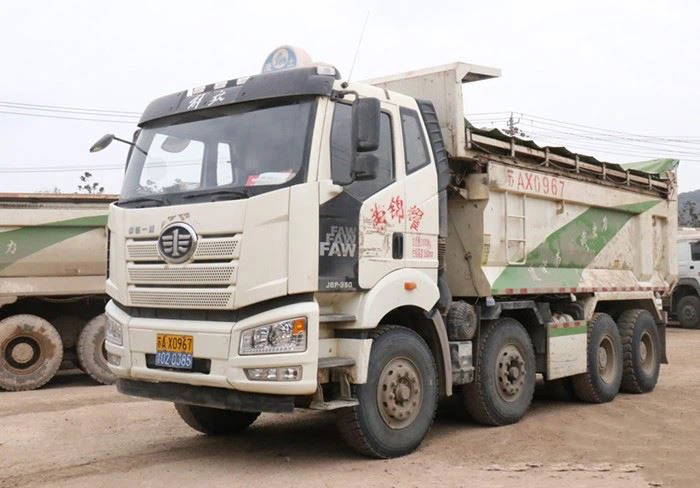
Current Trends in Trash Truck Design
Today, new trash trucks incorporate a variety of features that improve performance and reduce environmental impact. Key trends include:
- Automated systems
- Hybrid and electric powertrains
- Enhanced load capacity
- Smart navigation and route optimization
Types of New Trash Trucks
Standard Garbage Trucks
Modern standard garbage trucks are equipped with hydraulic lift systems that automate the waste collection process. They can efficiently pick up curbside waste without requiring manual labor from sanitation workers.
Recycling Trucks
Recycling trucks are specifically designed to handle recyclable materials. They often feature multiple compartments to separate different types of recyclables, ensuring efficient processing at recycling facilities.
Compost Trucks
With the growing focus on sustainability, compost trucks are being integrated into waste management systems. These trucks are designed to collect organic waste separately, facilitating composting initiatives to reduce landfill waste.
Automated Side Loaders
Automated side loaders are increasingly popular due to their efficiency. They utilize robotic arms to lift trash bins, reducing the risk of injury for workers and expediting the collection process.
Benefits of New Trash Trucks
Enhanced Efficiency
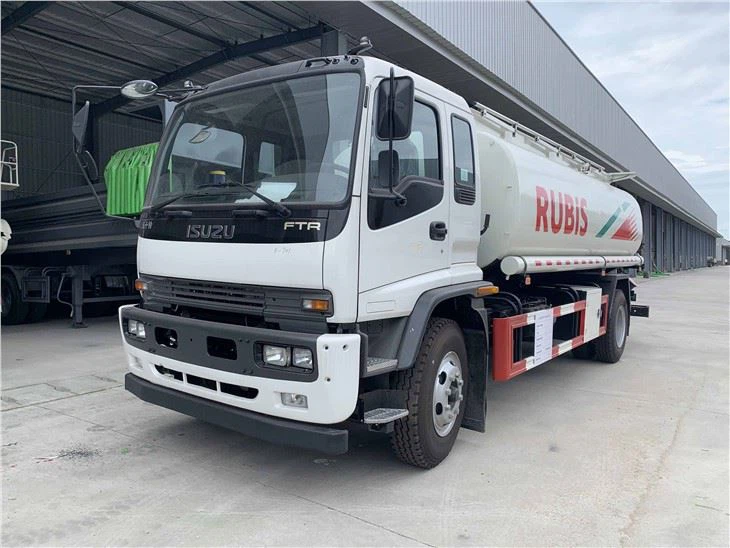
New trash trucks are designed to maximize collection efficiency. Features such as route optimization software can reduce fuel consumption and decrease collection times.
Environmental Sustainability
Many new trash trucks run on alternative fuels such as compressed natural gas (CNG) and electricity. This shift significantly reduces greenhouse gas emissions associated with waste collection.
Increased Safety Measures
Newer models are equipped with state-of-the-art safety features including backup cameras, collision detection systems, and advanced braking systems, thereby enhancing the safety of both drivers and pedestrians.
Improved Waste Management System Integration
Modern trash trucks can be integrated into smart city initiatives. They collect real-time data that can be used to improve waste management practices, track collection efficiency, and predict future waste generation trends.
Choosing the Right New Trash Truck
Assessing Your Needs
Before investing in new trash trucks, it is essential to assess your specific needs:
- Type of waste to be collected (municipal solid waste, recyclables, compost)
- Frequency of collection
- Population density and urban vs. rural settings
Budget Considerations
When choosing a new trash truck, consider not only the initial purchase price but also the ongoing operational costs. Electric trucks, for example, may have higher upfront costs but lower fuel and maintenance expenses over time.
Vendor Comparison
Research different manufacturers and their offerings. Evaluate the warranty, after-sales service, and replacement parts availability to ensure a good long-term investment.
Practical Examples of New Trash Trucks in Action
Case Study: Electric Trash Trucks in New York City
New York City has begun deploying electric trash trucks as part of its Green NYC initiative. These trucks have shown a remarkable reduction in noise pollution and greenhouse gas emissions while maintaining effective waste collection services across the city.
Automated Collection in San Francisco
San Francisco has successfully implemented automated side loaders, significantly increasing collection efficiency. The city reports that the automated trucks save time and reduce accident rates among workers.
The Future of Trash Trucks
Innovative Technologies on the Horizon
The future of trash trucks may soon include features such as:
- AI-powered route mapping
- Drone technology for monitoring waste levels
- Connected sensors for predictive maintenance
Government Policies and Regulations
Upcoming legislation may lead to stricter emissions standards, driving the industry toward even more advanced technologies. Companies innovating in this space will be well-positioned for compliance.
Challenges in Implementing New Trash Trucks
Infrastructure Requirements
Despite the many benefits, transitioning to new trash trucks can present challenges, especially concerning existing infrastructure. Cities may need to upgrade waste transfer stations and recycling facilities to process new materials effectively.
Cost of Transition
While new trucks offer operational savings, the upfront cost can be prohibitive. Funding mechanisms and grants may be necessary to assist municipalities in making this transition.
FAQs About New Trash Trucks
What are the key features of new trash trucks?
New trash trucks often include automated collection systems, hybrid or electric engines, advanced safety features, and the ability to integrate with smart city technologies.
How do electric trash trucks compare to diesel trucks?
Electric trash trucks produce fewer emissions, operate more quietly, and have lower fuel costs, although initial purchase prices may be higher than diesel trucks.
Are automated side loaders suitable for all types of waste collection?
Automated side loaders are great for curbside collection of regular refuse. However, they may not be practical for all situations, especially in areas with narrow streets or irregular waste types.
What considerations should cities make when choosing new trash trucks?
Cities should evaluate their specific waste management needs, budget constraints, the environmental impact, and the infrastructure required to support new trucks.
How can new trash truck technology benefit the environment?
New trash truck technologies can minimize emissions, optimize collection routes to reduce fuel consumption, and improve recycling rates through better waste separation.
What is the long-term outlook for trash trucks in urban areas?
As urban populations grow, trash trucks will increasingly focus on efficiency, sustainability, and safety. The integration of smart technologies will be crucial in addressing waste management challenges effectively.
